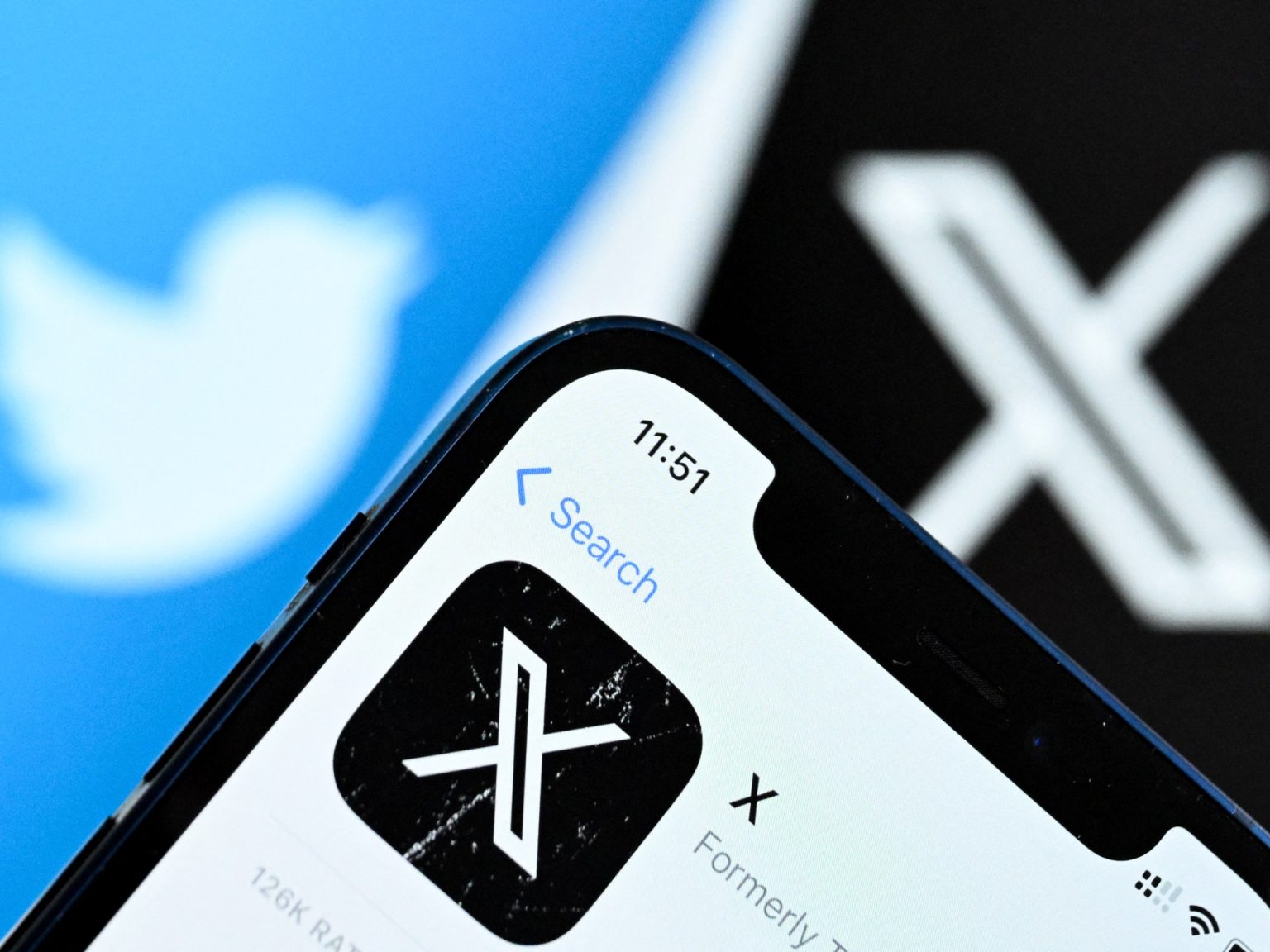The social network X, formerly known as Twitter, has been facing legal issues in Brazil as it defied a ban ordered by a judge, resulting in hefty fines. The Supreme Court in Brazil ordered X to remove access to its website after service was restored despite the ban, with a daily fine of over $900,000 imposed if the order is not followed. X claimed the return of its service was unintentional and temporary, but the government accused the company of deliberately violating the suspension order. The social media platform, with more than 22 million users in Brazil, has been at the center of a debate on freedom of expression and the limits of social networks.
The judge in Brazil also froze the assets of X and Elon Musk’s satellite internet operator Starlink, which has been operating in Brazil since 2022. The ban on X has escalated tensions between the government and the social media platform, with the platform going offline again after it allegedly complied with court orders to remove hate content. The National Telecommunications Agency in Brazil has identified a mechanism to block the service again, especially as X uses constantly changing identifying IP addresses to avoid being blocked.
This is not the first time X has faced bans in other countries, with China being the first to ban the platform in 2009. Venezuela also ordered a 10-day block of X last month over a disputed presidential vote, highlighting the platform’s history of problems in various regions. In Brazil, the ban on X came after supporters of ex-President Jair Bolsonaro, fueled by false claims of electoral fraud, stormed the National Congress. The Supreme Court then issued an order for X and other social media platforms to restrict accounts linked to fake news and hate speech.
In April, the judge in Brazil asked X to block several accounts accused of spreading misinformation about Bolsonaro’s defeat in the 2022 general election. However, Musk refused to comply and removed X’s legal representative in Brazil in protest, causing further tensions between the company and the government. Brazilian law requires foreign companies conducting business in the country to have a legal representative who acts as a liaison with local authorities, highlighting the importance of compliance with local regulations for foreign corporations operating in Brazil.
The ongoing legal battle between X and the Brazilian government raises questions about freedom of expression, the role of social media platforms in spreading information, and the enforcement of regulations on foreign companies. The use of technological subterfuges, such as virtual private networks, to access blocked sites has also been addressed by the court, with fines of up to $9,000 for individuals using such methods. The situation highlights the challenges faced by social media platforms in navigating regulatory frameworks and complying with court orders in different countries where they operate, as well as the potential consequences of not adhering to these regulations.


